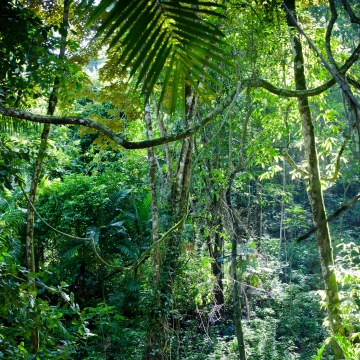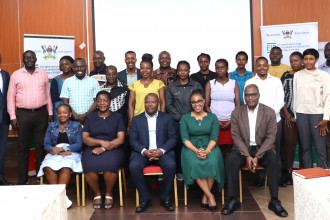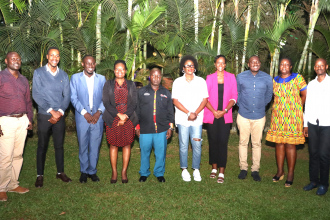
Cultural reasons are no longer enough to conserve sacred forests in Nigeria
Researchers have challenged the Nigerian traditional approach to managing sacred forests, stating that conserving the forests only for cultural purposes lacks sustainability in the face of cultural…






